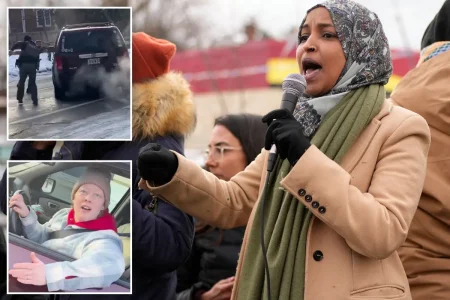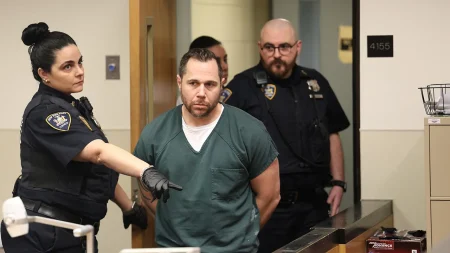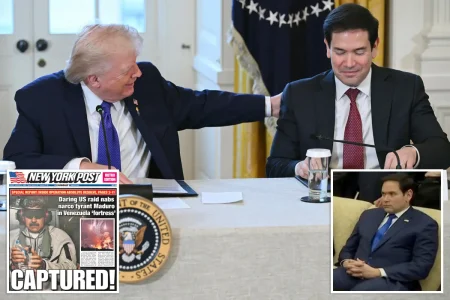Trump’s Consideration of Federal Troops in Major Cities Meets Local Resistance
In a recent statement that has sparked considerable debate across the political spectrum, President Trump expressed that he is contemplating the deployment of federal troops to several major American cities, including Chicago, New York, and Baltimore. The President’s comments come as part of his administration’s broader focus on law and order issues, particularly in urban centers that have experienced periods of unrest or elevated crime rates. This potential federal intervention represents a significant development in the relationship between federal authority and local governance during Trump’s presidency.
State and local leaders from the mentioned cities have quickly responded to the President’s statement with firm opposition, asserting that they have the crime situations in their jurisdictions under control. These officials, many of whom are Democrats governing in predominantly blue cities, have emphasized their belief in local solutions to local problems and have questioned both the legality and necessity of federal intervention in municipal law enforcement matters. Mayors and governors have pointed to existing crime reduction strategies and police reform efforts already underway in their communities, suggesting that federal troops could potentially disrupt rather than enhance these local initiatives.
The potential deployment raises serious constitutional and legal questions about the appropriate boundaries between federal and local authority in law enforcement. Critics of the President’s proposal have cited concerns about federalism and the traditional American principle that policing is primarily a local responsibility. Legal experts note that while there are provisions allowing for federal intervention under specific circumstances, deploying troops to cities without explicit request from state governments would represent an unusual expansion of federal power. Meanwhile, supporters of the President’s approach argue that the federal government has both the authority and obligation to intervene when local officials appear unable to maintain public safety.
This tension over potential federal deployment comes amid a broader national conversation about policing, crime, and public safety following months of protests against police brutality and calls for reform. Communities across America are grappling with how to balance public safety concerns with demands for more equitable and just law enforcement practices. The President’s suggestion of sending troops has become another flashpoint in this ongoing national dialogue, with perspectives often dividing along partisan lines about the appropriate role of federal forces in addressing urban crime issues.
For residents of the cities mentioned by the President, the prospect of federal troops on their streets raises practical concerns about what such a presence might mean for daily life. Community leaders in these cities have expressed worry about the potential for increased tensions between law enforcement and communities, particularly in neighborhoods already experiencing strained police relations. Other residents, however, have voiced support for any measures that might reduce crime in their areas, regardless of whether those efforts come from local or federal authorities. This division of opinion reflects the complex attitudes toward crime and policing that exist within urban communities themselves.
As this situation continues to develop, it represents a significant test of American federalism and the distribution of power between different levels of government. The outcome of this tension between Presidential authority and local control will likely have lasting implications for how public safety is approached in American cities. Both President Trump and the local leaders opposing his potential intervention are appealing to different visions of how security should be maintained in a democratic society, highlighting once again how questions of law enforcement often intersect with deeper debates about the nature of American governance and the proper balance between security and liberty.










